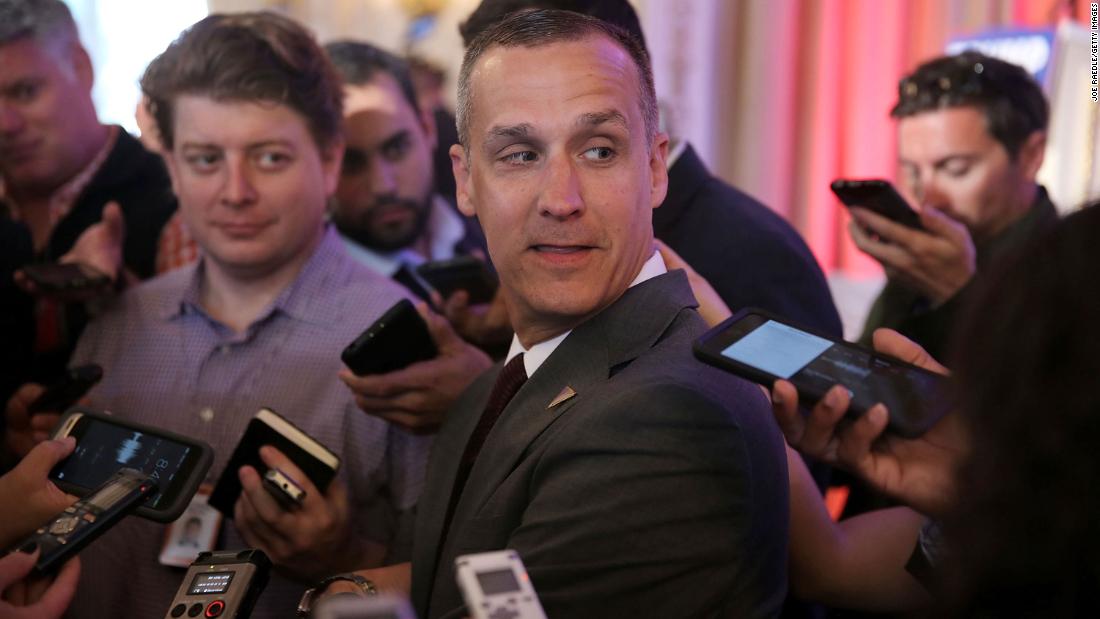
The White House sent four letters to the House Judiciary Committee on Monday about the testimony of Lewandowski and former aides Rick Dearborn and Rob Porter, who were all subpoenaed to appear on Tuesday. The White House asserted immunity for the former White House aides not to testify and instructed Lewandowski not to answer questions about his conversations with the President where the White House could invoke executive privilege, beyond what's already in former special counsel Robert Mueller's report.
"Mr. Lewandowski's conversations with the President and with senior advisers to the President are protected from disclosure by long-settled principles protecting Executive Branch confidentiality interests," wrote White House counsel Pat Cipollone, "and, as a result, the White House has directed Mr. Lewandowski not to provide information about such communications beyond the information provided in the portions of the Report that have already been disclosed to the Committee."
The House Judiciary Committee last month subpoenaed Lewandowski, Dearborn and Porter, but the White House's letters indicate that Dearborn and Porter are unlikely to appear, while Lewandowski is unlikely to engage on the episodes detailed in the special counsel's obstruction of justice report where he was involved.
The White House's position on the testimony of Lewandowski, Porter and Dearborn adds to the growing fight between the Trump administration and the Judiciary Committee over the panel's investigation and its efforts to obtain testimony from those cited by Mueller. The White House has asserted immunity over the testimony of former White House counsel Don McGahn, and the committee has sued in order to compel his appearance, which is still being litigated.
The outcome of the McGahn case will likely determine whether Dearborn and Porter ultimately testify before the committee, too.
Other witnesses have appeared before congressional committees but declined to answer questions about the Trump White House or the presidential transition. Hope Hicks, for instance, would not discuss anything about her time in the White House, including where her office was located, though she did answer questions about her time on the campaign.
As Trump's first campaign manager, Lewandowski won't have privilege to decline to answer questions about the campaign. But the committee is most interested in questioning him about Mueller's detailing of alleged episodes that occurred in the White House, which he is unlikely answer, including when the President allegedly instructed him to tell then-Attorney General Jeff Sessions to curtail the Mueller investigation, and Lewandowski did not follow through.
The White House is not asserting executive privilege but claiming the right to do so in the future.
Lewandowski testified before the House Intelligence Committee last year behind closed doors in a contentious, profanity-laced session, and he did not answer questions about anything that occurred beyond the 2016 election.
The White House has made similar claims about the right to assert executive privilege for someone who didn't work in the White House, including when former Kansas Secretary of State Kris Kobach testified before the House Oversight Committee, when the White House said Kobach's conversations with the President about adding a citizenship question to the 2020 census were "confidential."
No comments:
Post a Comment